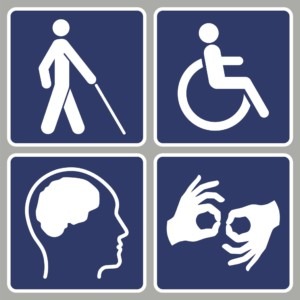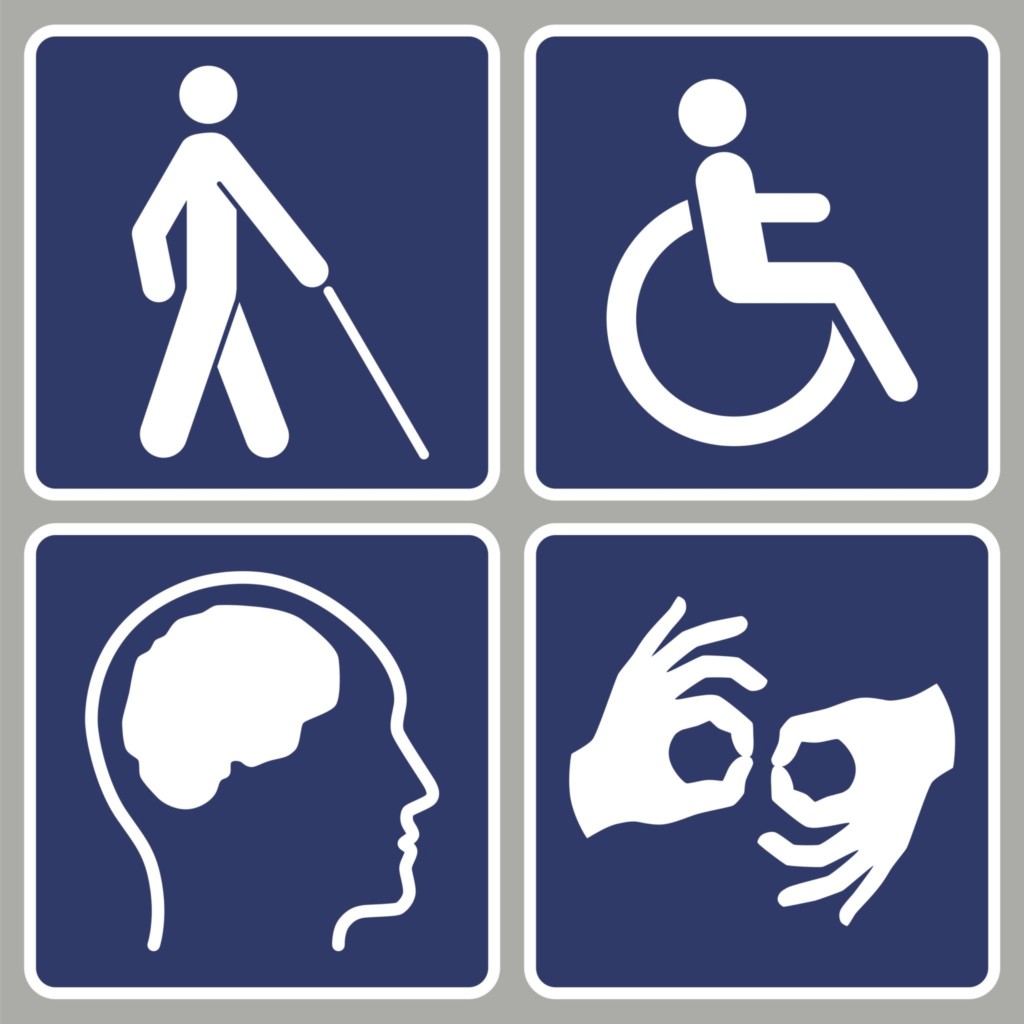Grace Hill Training Tip of the Week
Reasonable Accommodations and Modifications – What’s the Difference?

According to The Case for Fair Housing: 2017 Fair Housing Trends Report by the National Fair Housing Alliance, nearly 55% of all reported housing discrimination complaints in 2016 involved discrimination against people with disabilities
This statistic is a reminder of how important it is to handle reasonable accommodation and modification requests properly. But do you know the difference between an accommodation and a modification? Let’s review the basics.
Reasonable accommodations are changes in rules, policies, practices, or services so that a person with a disability has an equal opportunity to use and enjoy a dwelling unit or common space.
Some examples of reasonable accommodations are:
- Allowing a resident who is blind to have a seeing-eye dog when the policy is “no pets allowed”
- Reserving a parking space close to a resident’s apartment when the parking policy is “first-come first-served”
- Waiving guest fees for a resident with a disability who requires a live-in nurse
A reasonable modification is a structural modification that is made to allow people with disabilities the full enjoyment of dwelling units and related facilities.
Some examples of reasonable modifications are:
- Installing grab bars in bathrooms
- Installing visual doorbells or fire alarms
- Lowering kitchen cabinets
Reasonable accommodations and modifications also differ in who is typically responsible for the costs.

The housing provider is typically responsible for costs associated with accommodations. However, the person with a disability is typically responsible for the cost of a modification (though not, for example, in cases where the housing provider receives federal financial assistance).
If modifications to a dwelling unit will interfere with the next resident’s use, the person with a disability is responsible for returning the apartment to its original condition before moving out. The person with a disability cannot be required to restore modifications to common areas or the exterior of the apartment home.
For an accommodation or modification request to be considered reasonable:
- It must not cause an excessive financial or administrative burden to the housing provider
- It must not cause a basic change to the nature of the housing programs available
- It must not cause harm or damage to others
- It must be technically possible.
You do not have to provide a requested accommodation or modification when it does not meet the above standards for what is considered reasonable. However, you should try to find an alternative that might help your customer.


